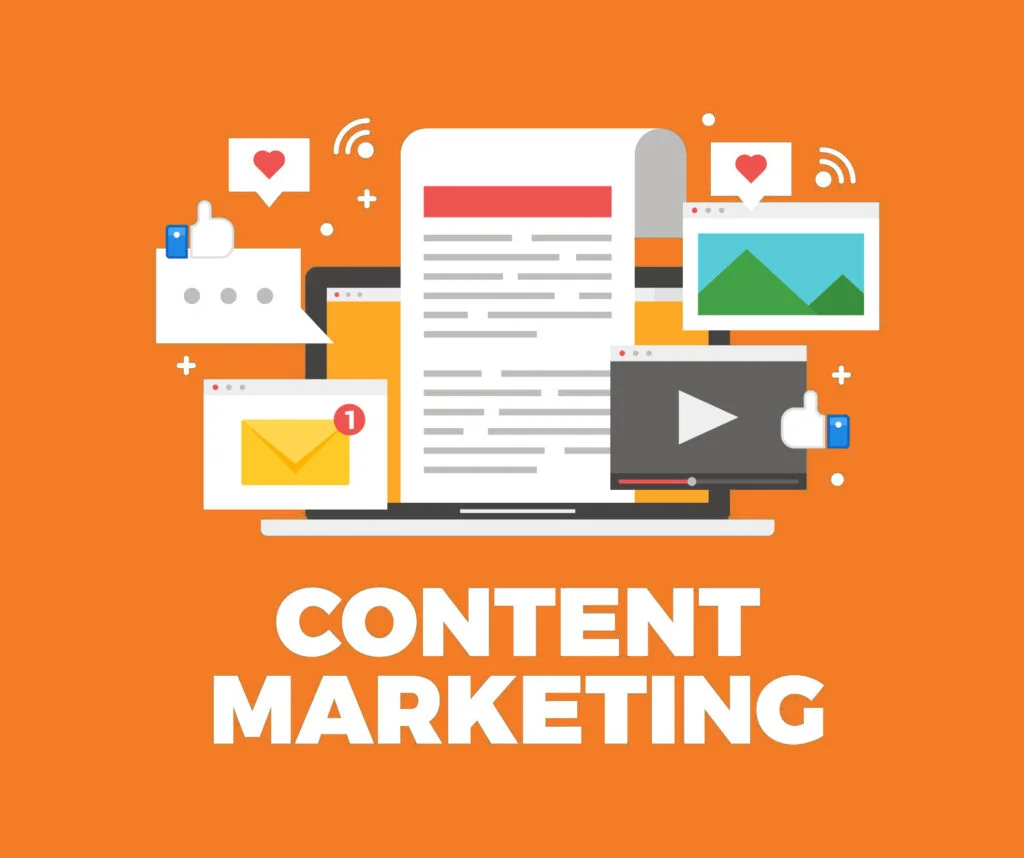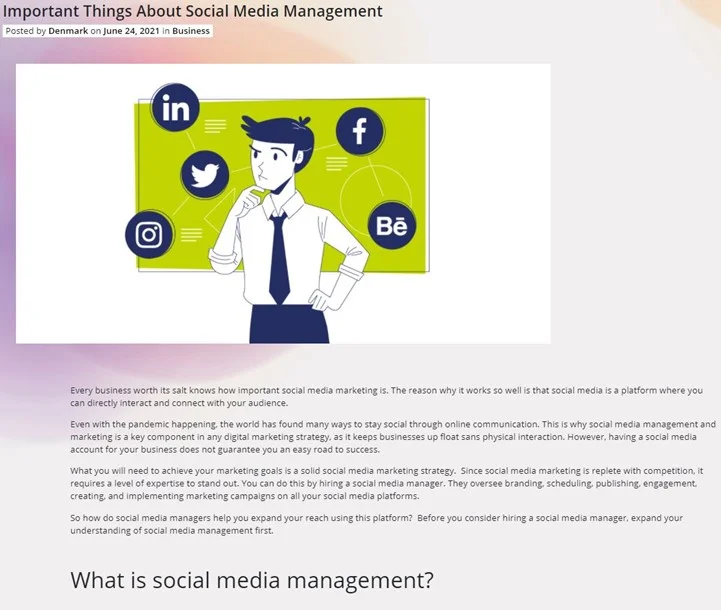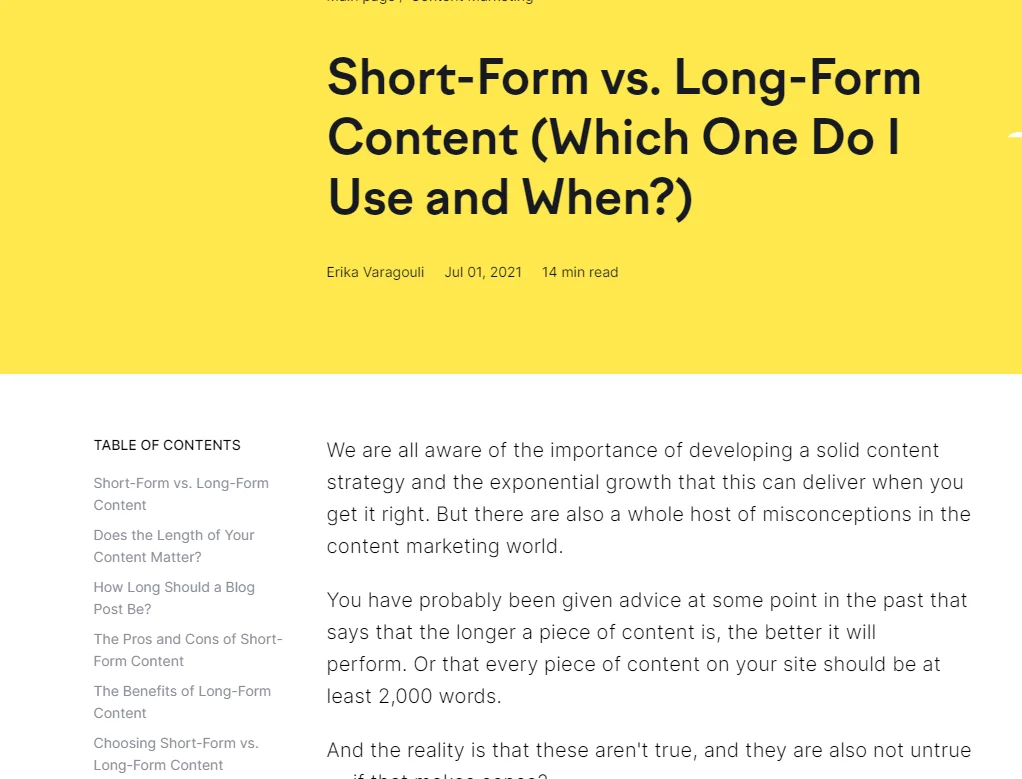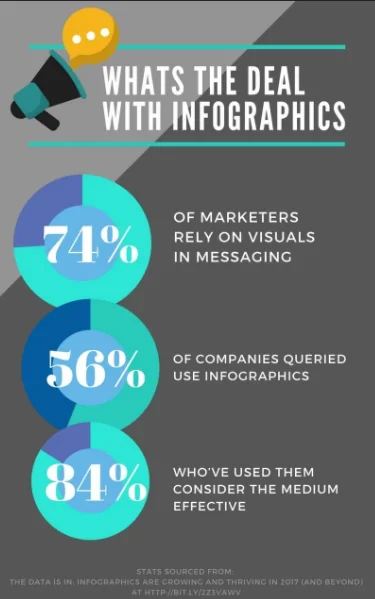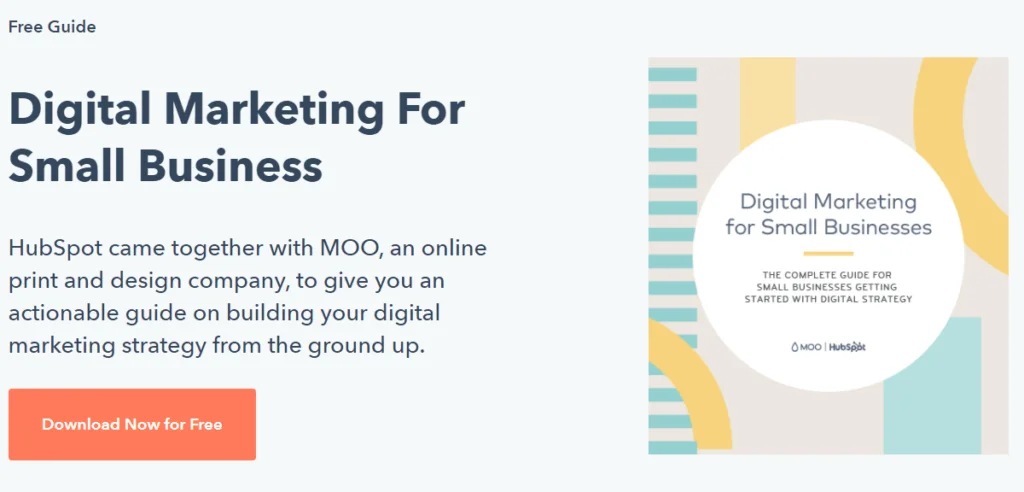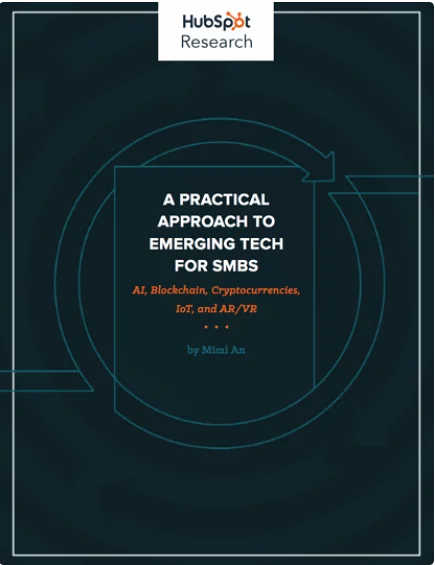In this digital age, businesses are faced with the challenge of maximizing numerous marketing channels effectively to magnetize more customers and increase conversion. Indeed, it’s such a difficult feat, especially for small-scale and startup businesses. This is where content marketing comes in. Content marketing is the key to giving your business the edge you need to boost your sales.
What is Content Marketing?
In a nutshell, content marketing is the strategy of creating, publishing, and implementing content throughout different platforms and mediums to attract a target audience. It helps businesses build brand awareness, communicate with their target audience, and increase conversions.
So how does this work? Say you’re a newly certified yoga instructor and you’ve been trying to gain clients for the past 6 months. So, you’ve decided to create a website and post-keyword-optimized blogs 2-3x a week. People who are looking for a relaxing exercise will be drawn to your compelling blogs. After a while, your blogs will rank higher in search engines. When this happens, more of your target audience will start seeing your blogs. Then it won’t be long before they will view your brand as an expert in the industry.
Eventually, the ones who are looking for a reliable yoga instructor will choose to hire you over others from your area. Blogging is just one example of content marketing. Most of the time, new entrepreneurs confuse content marketing with content writing. The latter is only part of the former. There are several types of content marketing other than blogging.
Types of Content Marketing
Here are the different types of content marketing:
1. Blog posts
We are all familiar with blogs. What you are reading right now is a blog post. There’s a reason why blog posts are the most utilized form of content marketing. Firstly, its brevity makes it easy to post consistently. Secondly, it takes a shorter time for users to read. It is also a reliable avenue for building a solid SEO strategy. Brands that have active blogs report having 97% more inbound links and 67% higher lead generation.
2. Long-form articles
Another type of content writing which is somewhat similar to a blog is long-form content. While blogs are ideal for inviting website traffic, long-form articles have a different motive. Long-form articles latch on the curiosity of viewers by providing them with unique information. These articles offer a hefty amount of information on a specific topic which your target audience will find valuable.
3. Videos
With the rise of the TikTok generation and our fast-paced culture, target consumers are captivated instantly by video content rather than written content. Insivia reports that landing pages that contain video content increase their conversions by 80%. Videos ignite a positive emotion in viewers that allow them to stay interested in a brand long enough for them to explore the websites and other marketing content a brand has to offer.
4. Infographics
Have you ever wondered why we like buying fun-sized candies when we could easily get a chunky candy bar to satisfy our cravings? The answer is that smaller servings satisfy the craving without much tummy space or requiring much chewing effort. Infographics are the same.
They are often fun, bite-sized pieces of content that offer the audience the essential data and information they need to know about a particular topic. Their intelligent and creative format ensures the data is easy to digest and doesn’t take a lot of time and effort to consume.
5. eBooks
An eBook provides value to the audience with useful information presented persuasively. These comprehensive and bulky materials are downloadable and usually, come with an email subscription form. This strategy which pushes the viewers to fill out a form before downloading the free eBook seamlessly paves the way for another form of marketing – email marketing.
6. Whitepapers
Whitepapers are not to be confused with eBooks. Whitepapers contain more heavily researched data. Look at it this way – if video content persuades your audience through emotions, whitepapers do this through logic and facts.
7. Images
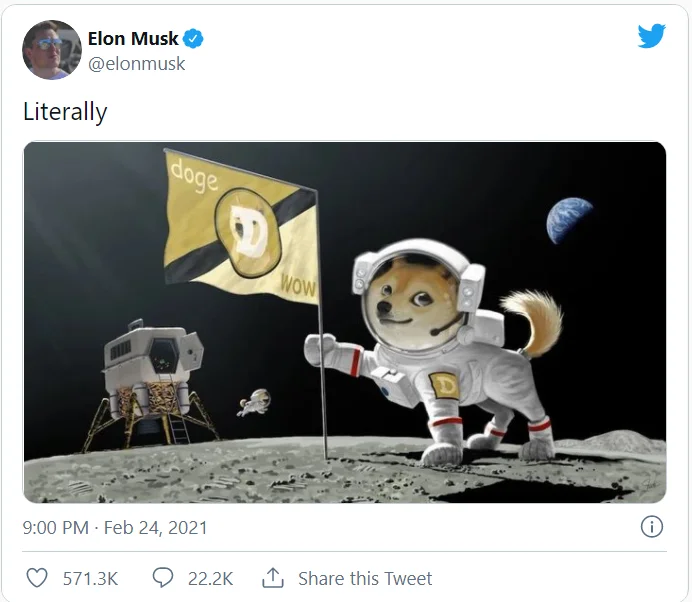
Memes have continued to proliferate on social media platforms and for good reason. Humans have always been drawn to humor to stifle ennui, cope with adversities, and sometimes, just for sheer entertainment. That is why your digital marketing plan will be immensely impaired if you don’t include memes in your marketing arsenal. All the big companies have – Elon Musk, Gucci, and many more.
Of course, this list is not exhaustive. Other forms are used sparingly by digital marketers. The key to choosing what type of digital marketing to incorporate in your marketing strategy is knowing the reason for marketing. The easiest way to do this is to determine which stage of the sales funnel your business needs the most help with. Familiarize yourself with the many ways content marketing can help your business.
Here are the reasons why content marketing is important for your business:

- It creates brand awareness.
A content marketer’s first step when creating a marketing strategy is focusing on creating brand awareness by posting pieces of content that are engaging. This is usually done through social media and blogging.
- It promotes brand visibility.
It’s not enough to post engaging written and video content, you have to be consistent and post regularly. By posting regularly, your brand will gain visibility. And visibility helps your brand gain traction.
- It helps you establish your brand authority.
Once your brand has gained visibility, you can use this opportunity to provide your clients with valuable information that can help them solve a problem or need. This can be done mostly through infographics and eBooks.
- It expands your client’s understanding of your business.
Aside from giving them helpful information, you can seamlessly blend into your content snippets of information about the particular product or service which you can offer to satisfy a need or solve a potential problem. This will enlighten them as to the most saleable features of your product.
- You can persuade with logic-driven content.
Can you remember the last time you wanted to buy something online that was quite expensive? If you’re like most people, then most likely you have given it a lot of thought and have done considerable research before deciding to buy it. This is where whitepapers, educational vlogging, long-form articles, and other forms of logic-driven content come in. Expert content marketers know when and how to employ these strategies because they know how crucial it is to use cogent arguments and realistic facts in convincing potential clients to make a purchase or avail of a service.
- There’s no need to engage in high-pressure sales tactics.
At one point or another, you have experienced slight annoyance whenever a salesperson shoves a product or service in your face without checking whether or not you're receptive to their pitch. That’s why content marketing is very useful. When weaponized the right way, your brand can achieve higher conversions without seeming pushy. That’s because content marketing is usually designed with the long-term return in mind.
- It supports other digital marketing channels.
Corollary to the point above, content marketing is the mortar that holds all other digital marketing strategies together. You can use it as a supplement to your paid media and SEO efforts. You can even use it as the gateway towards email marketing campaigns and many more.
- It’s an avenue for gauging what your customers need.
One of the mistakes most businesses make is to capitalize strongly on content focusing mainly on their best products and services, long after these have ceased to be relevant. Contrary to what most content marketers might think, content marketing is a two-way street. If you’re not sure that you’re still providing value to your customers, ask them what kind of content they want to see. Instagram influencers do this quite often. By gauging what your audience perceives to be valuable, you don’t waste efforts on publishing content that won’t ensure ROI.
- You can form a relationship with your customers.
You can use these platforms to show your audience that their opinions matter. This is done through reviews and other interactive activities like webinars and sometimes, even something as simple as responding to your customers on your social media page’s comments section.
- It can guide your next marketing steps.
Without data analysis, your marketing strategy can turn into a flop. Content scoring allows you to measure the success of each piece of content. Content scoring lets you analyze which content has led to a lot of traffic and higher conversion rate and which ones didn’t. Based on your analysis, you can create a more effective content marketing strategy. Then repeat the process after publishing the content.
How Do I Get Started?
As you can see, content marketing is multidimensional. It’s evolving even faster now than ever before. That’s why most businesses struggle with keeping their edge over their competitors due to how dynamic the digital realm is. This dynamism is both a blessing and a curse. Considering the number of data-analyzing tools, marketing strategies, social media trends, and many more, no wonder why there are plenty of entrepreneurs who set their sails and never make it to shore.
If you are a business owner or a brand manager and are conscious about your limited budget, don't fret. You can always start with the basics by focusing on improving your search rankings through quality blog content. Incorporate images, memes, videos, keywords, and helpful information in your website. Lastly, always continue to hone your marketing skills by reading up on content marketing trends and best practices. If you are willing to spend a little bit more with the assurance that you will receive high ROI in your marketing efforts, there are reputable digital marketing firms out there like RipeConcepts.
Marketing

